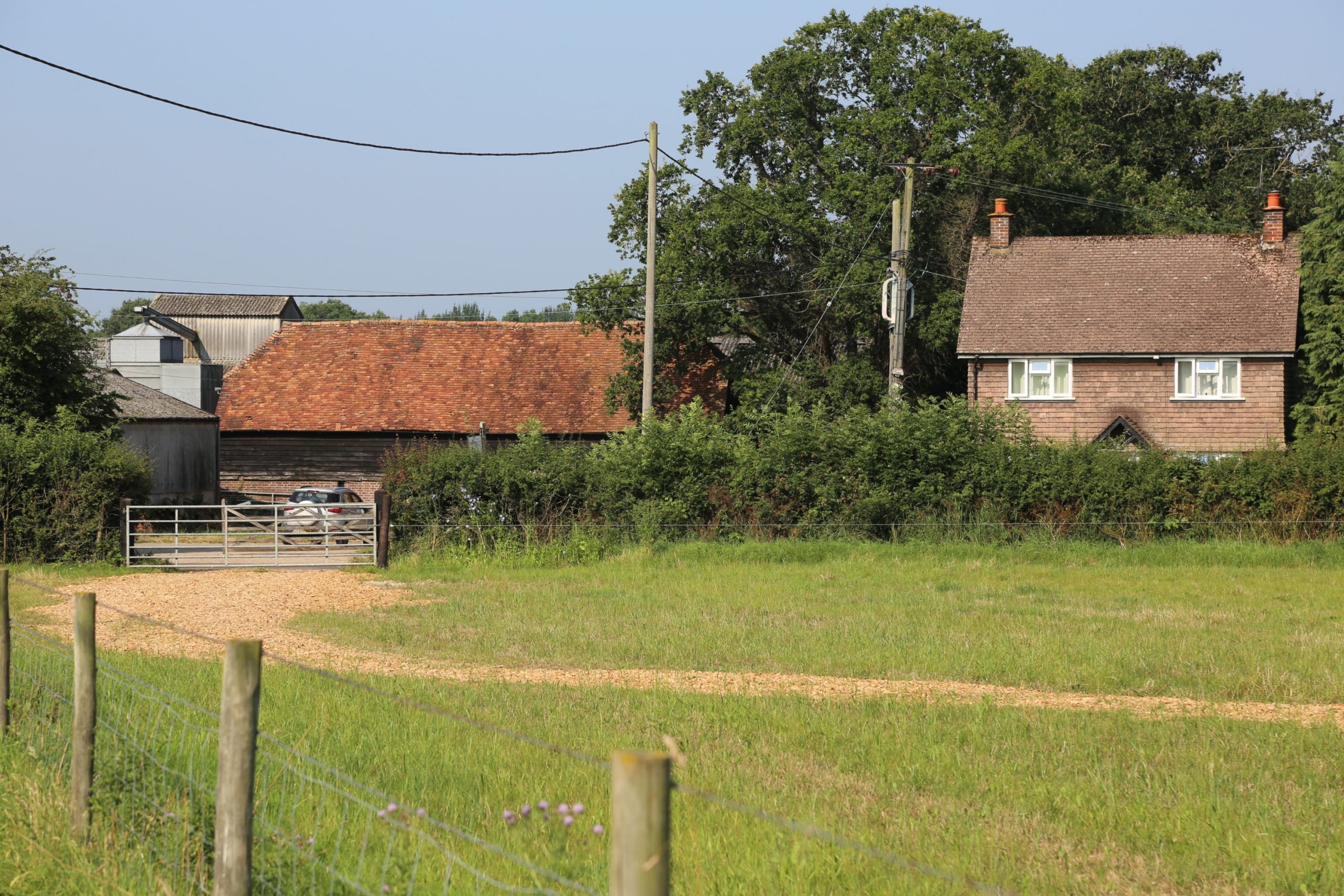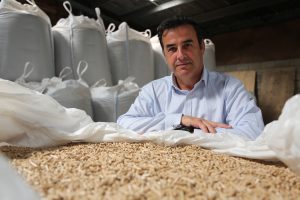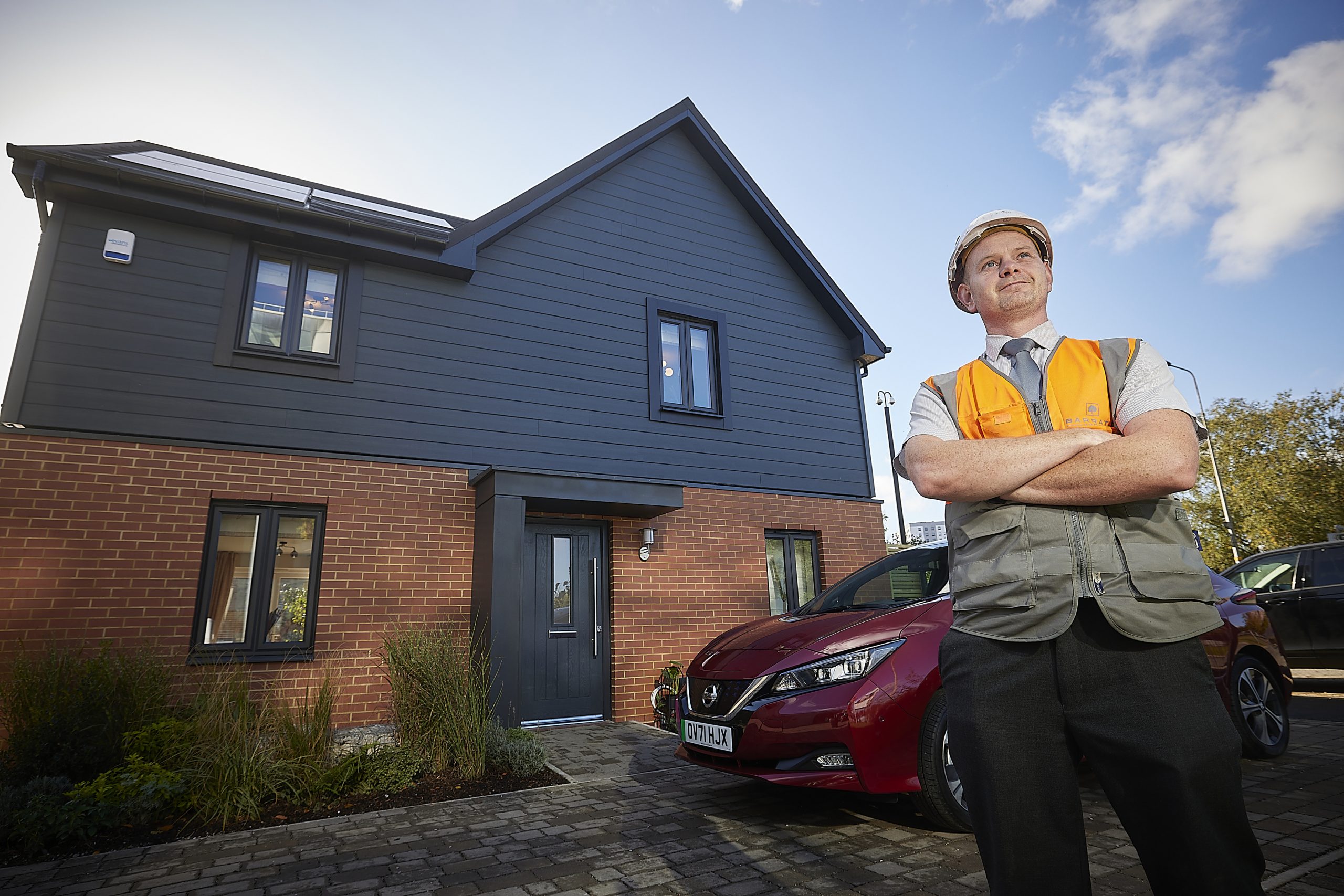Why Do Biomass Boilers Get Forgotten in Government Policy?

Rural off-grid homes are often missed out on government decarbonisation policies. Housing Industry Leaders speaks to Biomass Heat Works to find out how they’re campaigning for change.
Calls for better decarbonisation policies for off-grid homes are being implemented by key biomass companies.
For many years, policies have focused on air and ground source heat pumps as a means for reducing home emissions, without recognising that the infrastructure is not viable for many off-grid rural properties.
Without adequate funding, many of these properties will have no choice but to continue using fossil fuels as a way to create heat.
Biomass boilers provide a solution for off-grid homes as a means of heating. They work by burning biological matter and outputting the resulting heat for use in heating systems.
Wood pellets, chips, logs, or other biological materials are fed – automatically, semi-automatically, or by hand – into a combustion chamber where they are ignited. Biomass boilers can usually easily be integrated with existing space, underfloor and water heating systems.
There are currently over 2 million off-grid homes using fossil fuels for heat
Biomass Heat Works is the voice of the UK’s biomass heat industry that aims to alert the government on the need for creating a tailored, fit-for-purpose heat decarbonisation policy specifically for rural off-grid properties that better supports biomass as the most suitable solution.

Chair of UK Pellet Council, Mark Lebus
Mark Lebus, Chair of the UK Pellet Council, is working with Biomass Heat Works to create awareness. He told Housing Industry Leaders: “The direction of travel to reach net-zero by 2050 is particularly unclear at the moment as far as the detail behind the government strategy, other than the target of achieving it.
“The strategy itself has a predominant focus on electrification of heat, and that is currently being summarised really as use of technology like air source heat pumps, and the government’s very keen on driving the air source heat pump marketplace to deliver a considerable percentage of the decarbonisation target.”
Particularly in the rural environment, we would argue that heat pumps really are going to be extremely difficult to demonstrate how they could work.
“When you put a heat pump in a [rural] building, it’s best when you’ve got the correct wet system, radiators, underfloor heating, and nicely insulated. If you don’t have any of those your radiators might be enormous and covering most of the wall of your house.”
Mark continued: “Our argument is that in the rural environment, properties are usually less insulated or slightly bigger and have a bigger requirement of heat. And in order to get the benefits, you need to have something like a biomass system which will deliver the heat that you need, particularly for the times you need it.”
While biomass boilers have been missed off government policies for many years, this year’s Heat and Buildings Strategy overcame a hurdle for the deployment of the boilers for rural homes.
1.5 million tonnes of CO2 would be saved for every 100,000 biomass boilers
The latest Heat and Buildings Strategy introduced a £450 million boiler upgrade scheme with grants of up to £5000 for heat pumps and biomass boilers. The first grant to include biomass since the Domestic Renewable Heat Incentive in 2011.
Speaking about the grant, Mark Lebus told Housing Industry Leaders: “Whilst biomass is now included, we would argue that the funding of the grant per unit is significantly below what might be effective in order to help the government meet their targets.
The Renewable Heat Incentive was a tariff system where you got paid for the kilowatt-hours of heat you generated through your renewable technology and in some respects, that was successful or in driving the marketplace to create a significant number of installations and therefore the decarbonisation story.
“The grant scheme provides a different way of doing it, where you get your capital payment upfront at the point of installation, rather than the tariff. I think the grant scheme is a better way of dealing with it, but £5000 is quite a low starting point.”
Average costs of biomass boilers can range between 10,000-20,000 thousand pounds after installation and setup, so despite a £5000 grant will help some households, but it is not yet feasible to implement the changes in mass.
Rural off-grid homes make up 15% of the total households in the UK
Better funding is required in order for sufficient changes to be made for decarbonisation in off-grid homes. Although rural homes may not cover the majority, it would help in a small step towards a net-zero 2050.
In terms of success for the implementation of biomass boilers, Mark Lebus states that “100,000+ boilers would represent about a quarter of the absolute at risk off-grid.”
He continued: “We’ve set ourselves an ‘Ask target’ saying that we can install 130,000 boilers over the next 15 years.
That will give us roughly a third of what we think is the at-risk or quarter to a third of the at-risk number of properties out there over the next 15 years and save the 1.5 million tonnes of carbon dioxide compared with oil context.
While optimism within the sector remains high, it is also evident that more needs to be done in order to decarbonise the housing sector in the UK. Without a clear plan from the central government, it will be difficult to target 15% of off-grid houses in the country.

